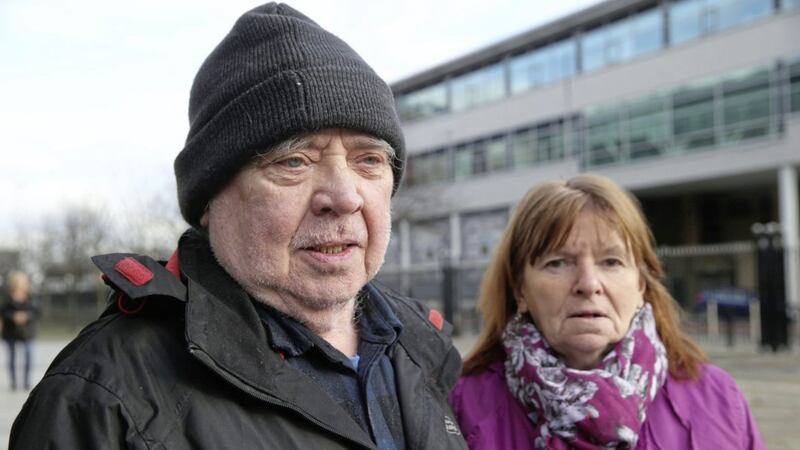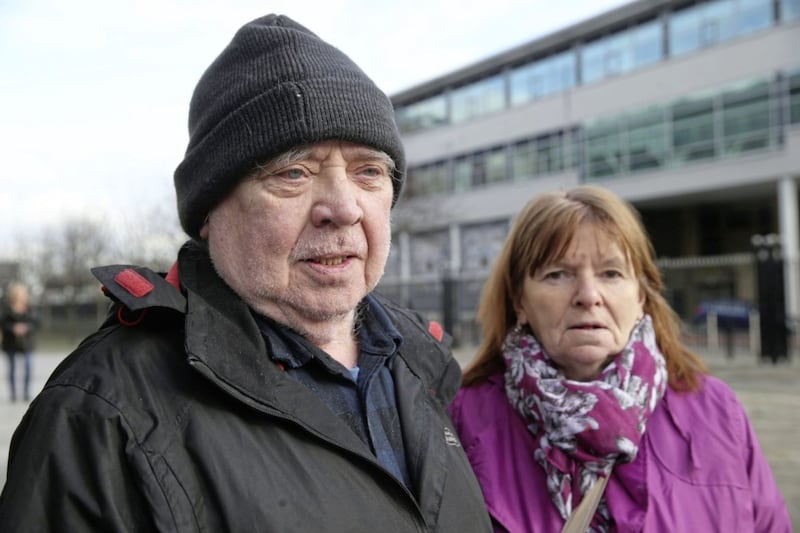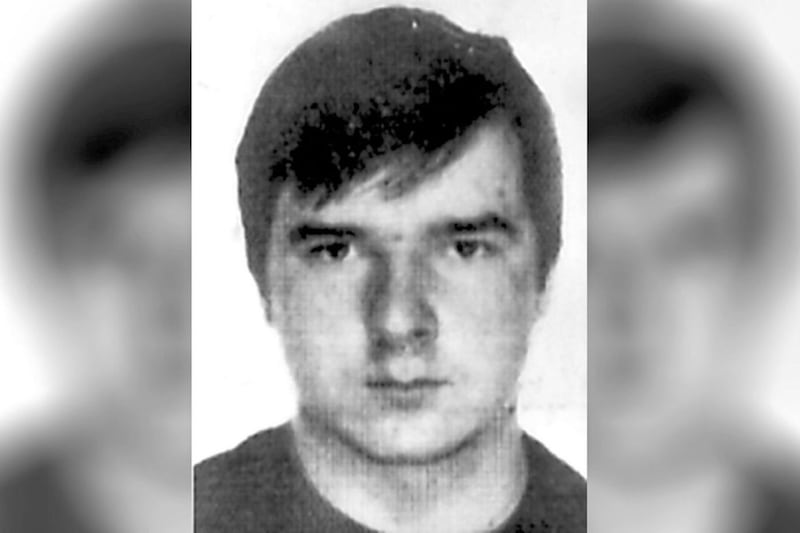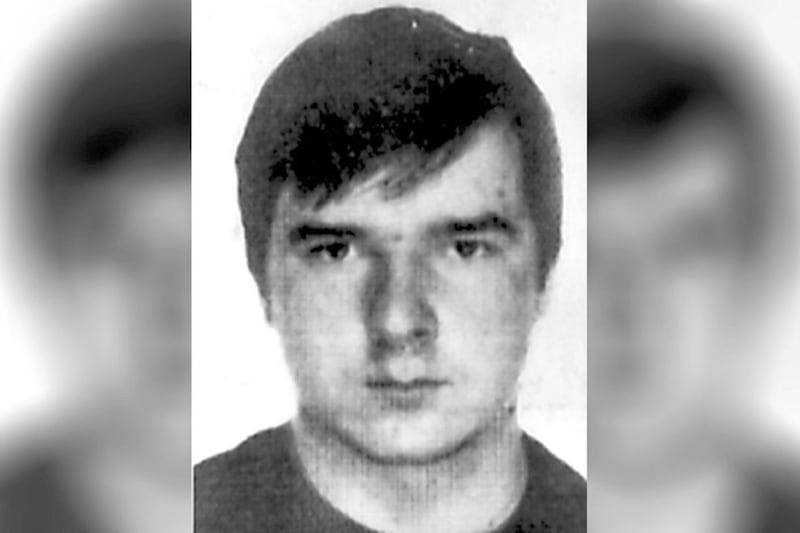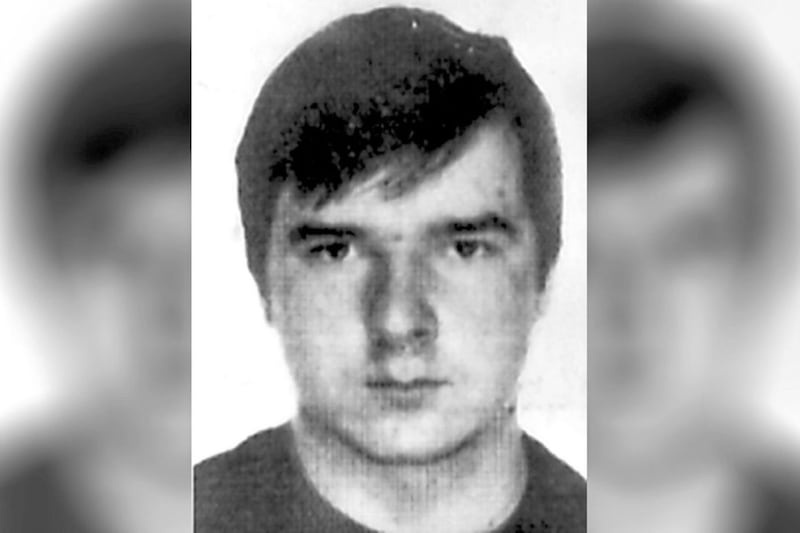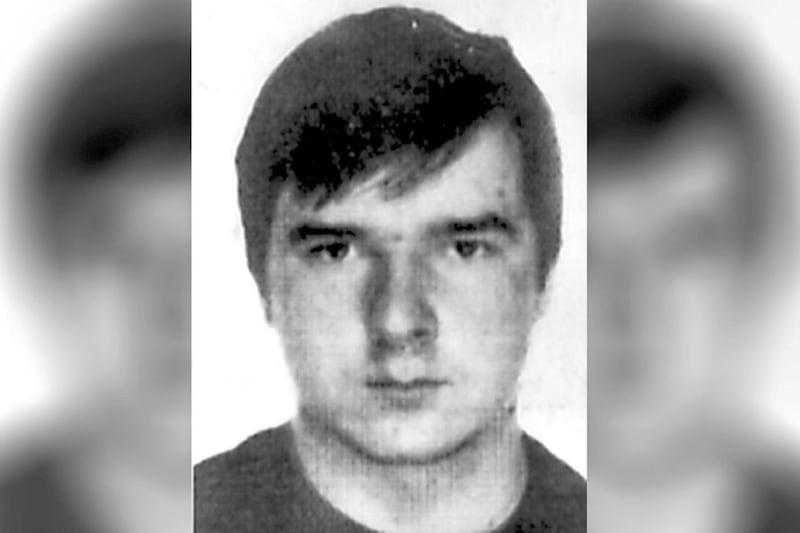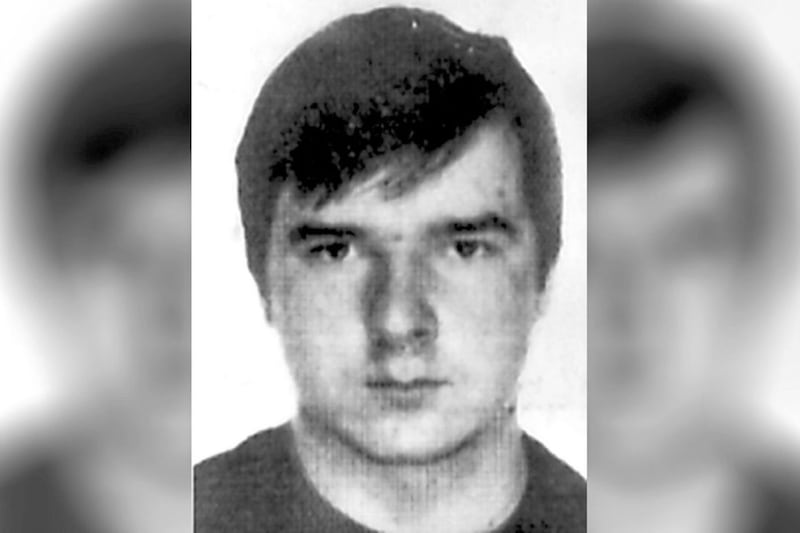THE parents of an IRA man shot dead by the RUC are to seek an appeal after losing a High Court battle to have an inquest verdict quashed.
Teresa and Hugh Jordan claimed the coroner was unjustified in finding it impossible to determine with certainty what happened when their son Pearse was killed 25 years ago.
Their lawyers argued that a failure to decide on central issues surrounding the lawfulness of the shooting in west Belfast amounted to an abdication of responsibility.
But Mrs Justice Keegan dismissed the case yesterday after rejecting all grounds of challenge to the verdict.
She said: "This may not have been the outcome the applicant wished for, but that's not an automatic foundation for judicial review."
Pearse Jordan's death is one of several high-profile cases involving allegations of 'shoot to kill'.
The 22-year-old had been driving a hijacked car stopped by police in an anti-terrorist operation in November 1992.
He was shot after getting out on the Falls Road and trying to run away and was unarmed.
In November last year the coroner overseeing a fresh inquest into the death said he was not convinced either by family claims that their son was gunned down in cold blood, or by police assertions that the sergeant involved acted in self-defence.
He held that the state had failed to prove the use of lethal force was lawful, but concluded that the precise circumstances of how the IRA man met his death remains unknown.
Challenging that determination, a lawyer for Mr and Mrs Jordan argued that the disputed issues of fact should have been resolved in the evidence.
They are seeking a declaration that the inquest was unfair, unlawful and in breach of the European Convention on Human Rights.
It was claimed that ballistic evidence was disregarded without evaluation or explanation, along with an alleged failure to apply the identified standard of proof to issues in the case.
A barrister for the coroner insisted, however, that he had been best placed to reach conclusions about the facts and assess the credibility of witnesses during 16 days of evidence.
Mrs Justice Keegan stressed that she was examining any potential misapplication of law rather than overseeing an appeal of the verdict.
"I'm not convinced the coroner fell into legal error, or that there was procedural error regarding the burden and standard of proof," she said.
With a high threshold required to identify any irrationality, the judge said the Jordans had failed to meet the test.
Mr and Mrs Jordan's solicitor immediately announced their intention to try to have the ruling overturned.
Fearghal Shiels, of Madden and Finucane, said: "We are very disappointed and will be taking our case to the Court of Appeal."
